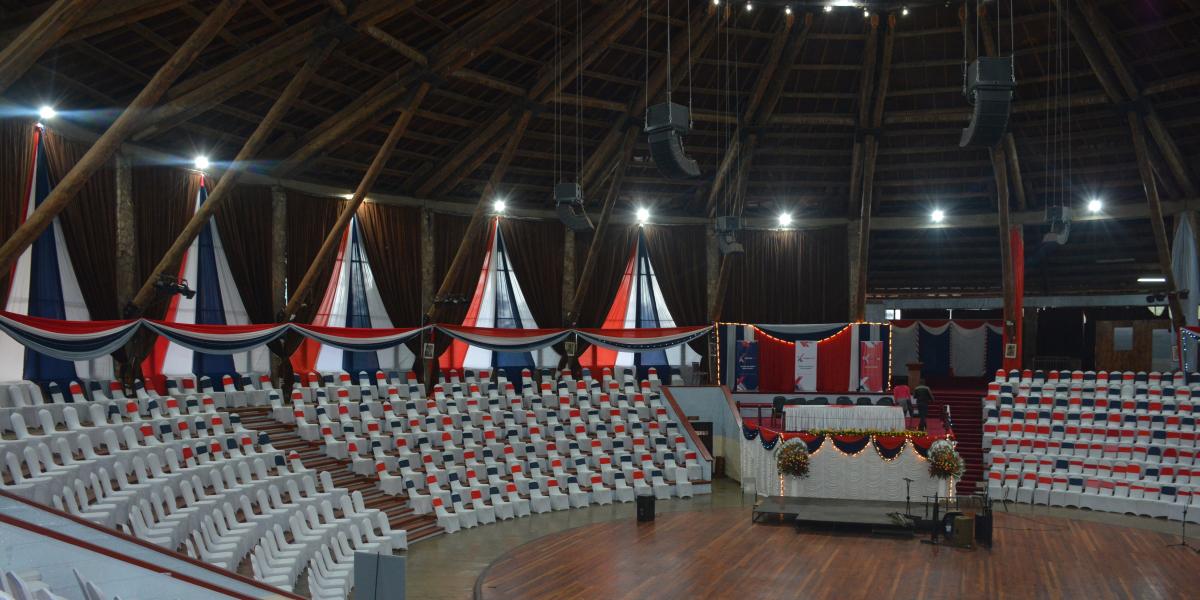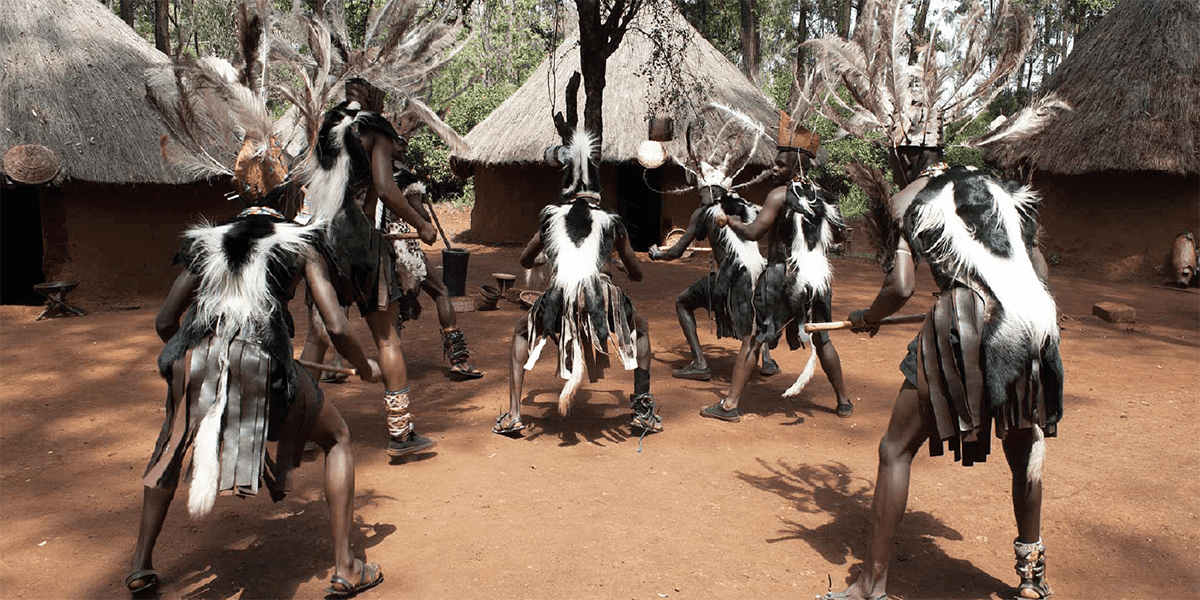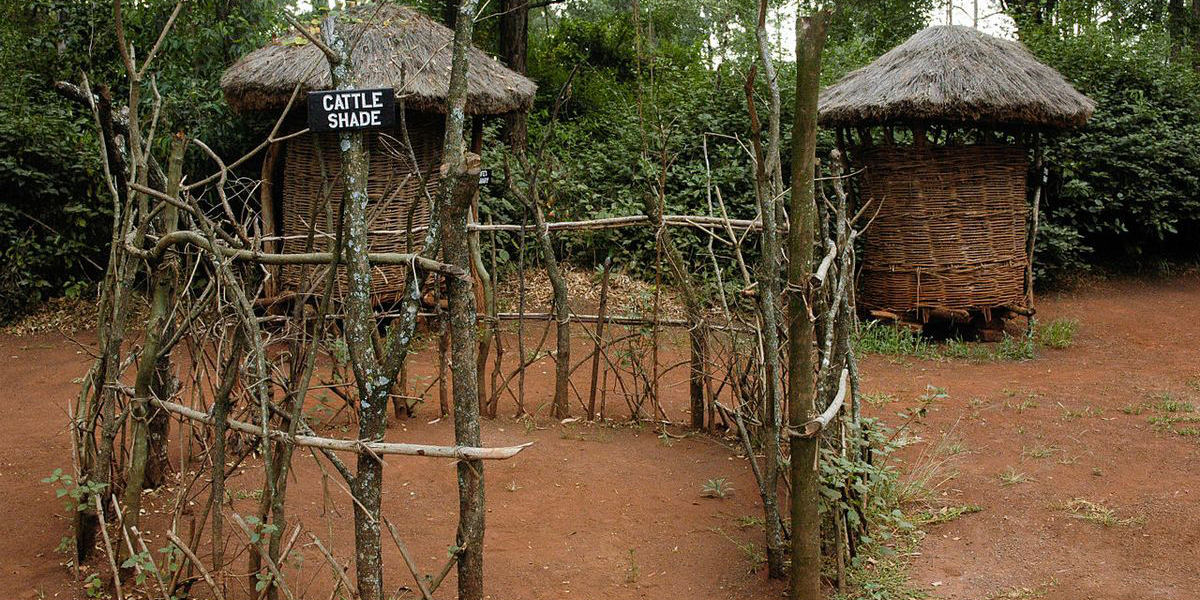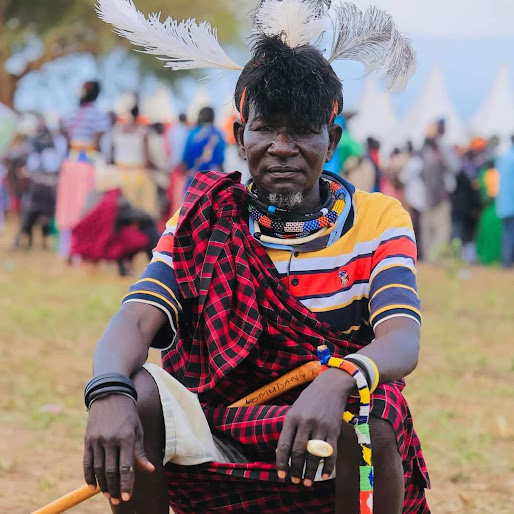Home » Destinations » Bomas of Kenya – Traditional Dance & Cultural Experiences
Bomas of Kenya: Where Traditions Dance and Drums Speak First
A hush falls over the crowd. Then the drum hits—deep, steady, calling. On stage, feet stomp the earth in unison. Beaded necklaces flash. Shukas swirl. A woman twirls past in rhythm so fast the fringe on her belt becomes a blur. A warrior leaps straight into the air—legs tucked, eyes locked, body floating for a moment too long to be real.
You’re not at a performance. You’re inside a heartbeat.
This is Bomas of Kenya, where tradition isn’t explained—it moves, sings, sweats, and leaps in front of you.
Why People Come—and Stay
Under a thatched arena roof, people lean forward in silence. Not to understand, but to feel. One moment, it’s a courtship dance from the Samburu—slow, watchful, full of pride. The next, a Giriama funeral celebration thunders through the floor.
And behind the theater, past the shade of trees, the homesteads wait. Mud huts. Cow dung walls. Circular fences made from thorny branches. All still used, still lived, still home. You walk between them quietly, wondering how much a house can say without speaking.

What You’ll See (If You’re Looking)
An acrobat walks across six stacked chairs—arms out, crowd gasping.
A Kikuyu woman chants, ankles ringing with bells.
Maasai warriors perform the adumu—jumping higher, higher, testing the air.
Tourists forget to take photos.
A child, eyes wide, imitates a drumbeat with two sticks and a rock.
No screens. No voiceovers. Just sound, movement, and the strange joy of watching something ancient happen in real time.
No results found.
Best Time to Visit
Performances run daily (2:30–4:00 PM on weekdays, 3:30–5:15 PM on weekends and holidays).
Come early, not just for good seats—but because the dancers warm up where you can watch.
Cultural homestead tour:
Open all day. Mornings are cooler and quieter, perfect for walking slowly through the traditional huts.
The rhythm builds by afternoon. You’ll know it’s time when the drums start calling from the amphitheater.

Where It Is—and How You Get There
Bomas of Kenya sits in Lang’ata, about 10 km from Nairobi CBD. It’s next to the Galleria Mall and not far from Nairobi National Park.
By Uber/Bolt: 25–35 minutes from most hotels in central Nairobi.
By Matatu: Take Route 34 or 15 from Kencom to Galleria stage, then walk 10 minutes.
With a guide: Many city tours include Bomas as part of a half-day cultural trip.
Once you’re there, don’t rush. The stillness of the grounds contrasts the intensity of the show. Let both have you.
What You’ll Do (Even Without Planning To)
Watch live traditional dance performances from Kenya’s major tribes: Maasai, Kikuyu, Luhya, Kamba, Turkana, Luo, Giriama, and more.
Visit model homesteads (“bomas”) that show how each community builds, lives, and organizes family space.
Eat Kenyan food at the Utamaduni Restaurant—ugali, nyama choma, sukuma wiki. No forks needed.
Buy beadwork, carvings, and crafts from local artisans—just outside the amphitheater.

Who This Speaks To
Visitors chasing more than just wildlife photos.
Travelers curious about the lives between safaris.
Parents showing kids how people move before they speak.
Anyone who understands that not all stories are told with words.
Travel Tips
Entrance Fee (2025):
Non-residents: $10 (adults), $5 (children)
Citizens/Residents: KES 200–400 depending on age
Show ticket included with entry
At Bomas of Kenya, you won’t be told what culture is. You’ll hear it in the drums, see it in the eyes, and feel it in your feet—maybe even long after you’ve gone.
So—ready to listen with your whole body?
Give Us a call or arrange a meeting with one of our Travel Consultants to discuss more your Kenya Safari Adventure



Send an Email
Rm 2B Ground Floor, Tetu Appartments, Milimani Lane, Nairobi.
© 2025 Serengeti Mara Experts LLC All Rights Reserved